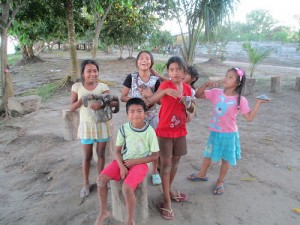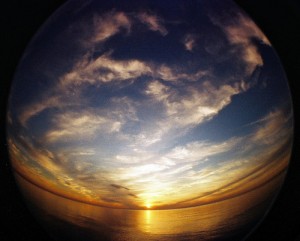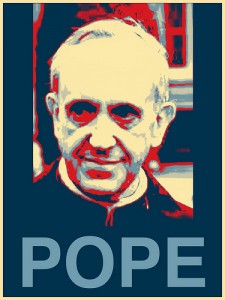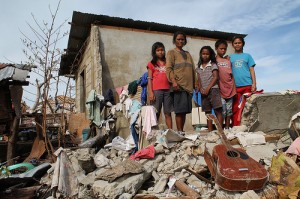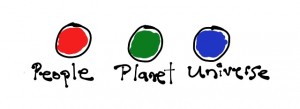Okay all good things must come to an end. It’s time to leave Colombia and head back north to Costa Rica
…woe is me, right?
This almost month long Colombian working vacation has been the best yet. And to cap it off, I just returned from four days in the Colombian Amazon.
The place that I visited is Leticia…it is the southernmost point of Colombia and it borders Brazil and Peru.
But what makes it all the more interesting is that there’s really no “border” at all. You can travel back and forth to Peru and Brazil without any official crossing.
This makes for a rich cultural experience to say the least.
And what about the Amazon itself? Breathtaking in its immensity is a phrase that immediately comes to mind.
The second longest river in the world, but by far the largest in overall water-flow, my first look at this vast expanse of “river-sea” was awe inspiring.
And its banks contain the most bio-diverse tropical eco-systems on the planet.
Did I swim in it? You betcha I did.
Now, mind you, taking a dip in the Amazon is not like taking a dip in the “crick” back home. There are many dangers lurking in that murky water.
Like the Candiru, a tiny razor thin catfish that can actually swim up a urine stream and lodge itself with sharp backward pointing barbs into a man’s penis. The only way to remove it…amputation!
And then there is the fish that inspires horror even in 007…the voracious flesh eating Piranha. But in reality you don’t have to worry much about them unless you enter the water bleeding.
So, bottom line, keep your bodily fluids inside when taking a dip in the Amazon.
The cultural experience of a world without borders was amplified by the presence of diverse indigenous groups in the area. In fact, the entire area is largely populated by these groups.
I write often about the evil inspired in our world by the existence of these fictitious geographical lines in the sand called borders. But in this place, I actually got to experience a world without them.
And it was refreshing.
Many people told me how dangerous it would be down there. That there would be people who would want to harm a gringo…that a gringo would really stand out and be at risk.
But I neither felt nor experienced the slightest trace of danger, well, other than the Piranhas and Candirus.
It was as peaceful a place as I have visited in Colombia, indeed in all of Latin America.
And what made it all the more pleasant was the presence of Don (or Tio) Medardo of the Hotel Pirarucu. The slogan of the hotel is “su casa en el Amazonas,” or your home in the Amazon.
And Don Medardo made it feel like exactly that.
Oh, by the way, the Pirarucu is the name for South America’s largest freshwater fish, which frequent the waters of the Amazon River.
I felt a slight sense of justification as we traveled seamlessly from Colombia to Brazil, Brazil to Peru, then back to Colombia. No border agents to harass. No requests for documentation. And no feeling as if there was some pent-up nationalistic rivalry that existed making those on one side peer over to those on the other with fear and loathing.
I have created a 10 minute video of my Colombian Amazon experience and it is embedded below.
Would love for you to give it a look…
Oh, also, you can view my set of Colombian Amazon photos here…
